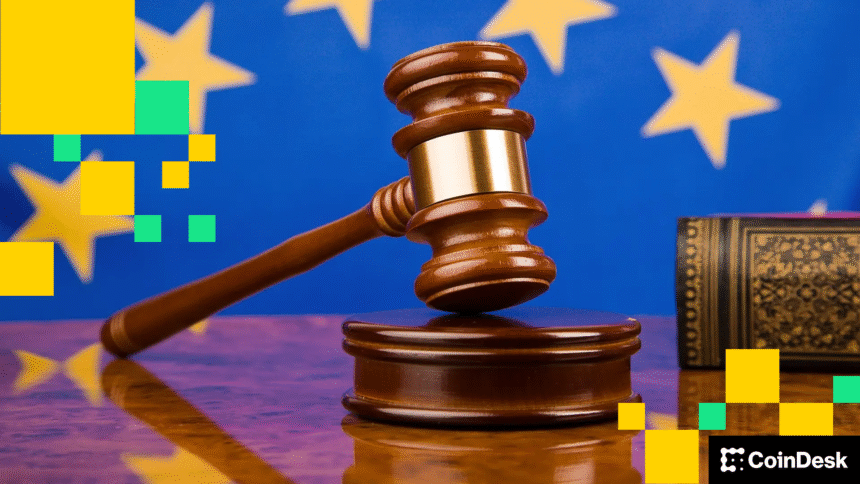Market regulators from France, Austria, and Italy are urging the European Union to strengthen its regulatory framework for cryptocurrencies in response to significant discrepancies in how the recently implemented Markets in Crypto-Assets (MiCA) legislation is being enforced across member states. The regulators, including France’s Autorité des Marchés Financiers (AMF), Austria’s Finanzmarktaufsichtsbehörde (FMA), and Italy’s Consob, expressed concerns that uneven enforcement could potentially expose investors to risks that the existing rules do not adequately address.
In a joint statement, the authorities highlighted that the initial phase of MiCA’s implementation has revealed “major differences” in enforcement practices among national regulators. This inconsistency may enable crypto firms to easily navigate towards jurisdictions with more lenient regulations, thereby undermining investor protection and jeopardizing Europe’s competitive position in the digital asset space.
To address these issues, the regulators presented four key proposals aimed at improving the current framework. Their primary recommendation involves transferring direct oversight of the largest crypto-asset service providers to the European Securities and Markets Authority (ESMA). This move, they argue, would create a more uniform regulatory environment across the EU.
In addition, the regulators are advocating for the closure of existing loopholes that permit EU intermediaries to direct transactions to offshore platforms that are not subject to MiCA regulations. Such practices leave investors vulnerable, lacking essential regulatory protections.
The authorities also emphasized the necessity of implementing mandatory and independent cybersecurity audits for firms prior to receiving or renewing MiCA licenses. This recommendation is rooted in the growing risks of cyber-attacks that have plagued the sector.
Lastly, the regulators proposed the establishment of a centralized filing system for token white papers. This initiative aims to streamline cross-border offerings and enhance legal clarity for market participants.
While MiCA was crafted to standardize crypto oversight throughout the EU, the three regulators are calling for swift amendments to ensure alignment with international regulatory benchmarks set by the Financial Stability Board and IOSCO. They warned that failure to take timely action might compel national regulators to resort to emergency measures, which could ultimately fragment Europe’s digital asset market and compromise its integrity.







